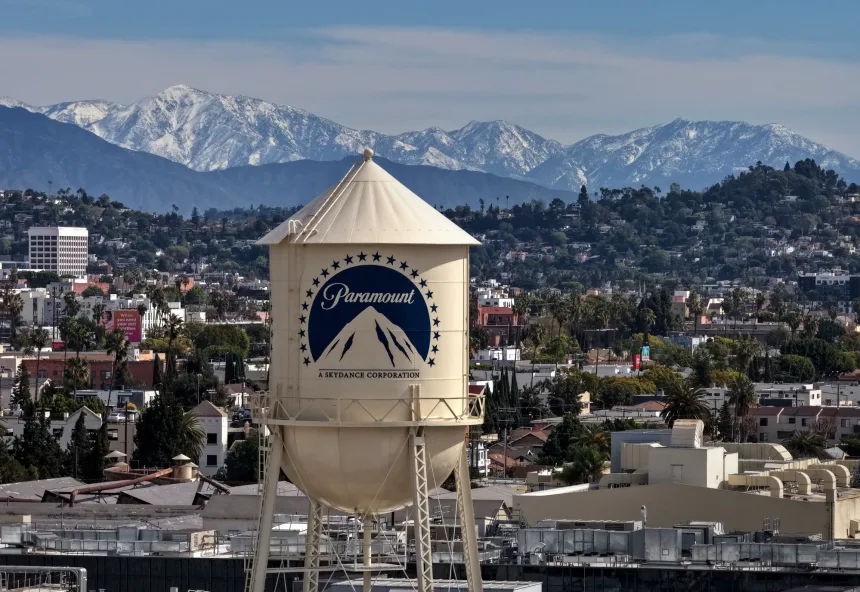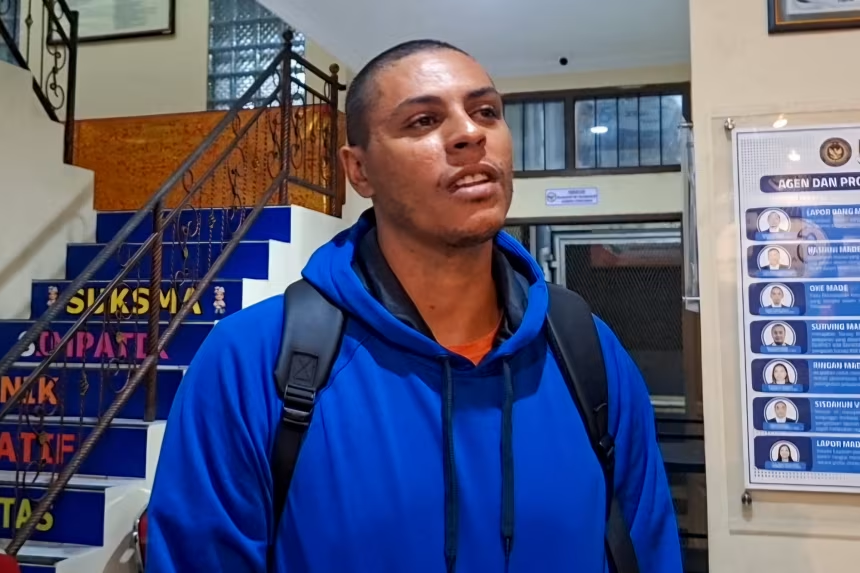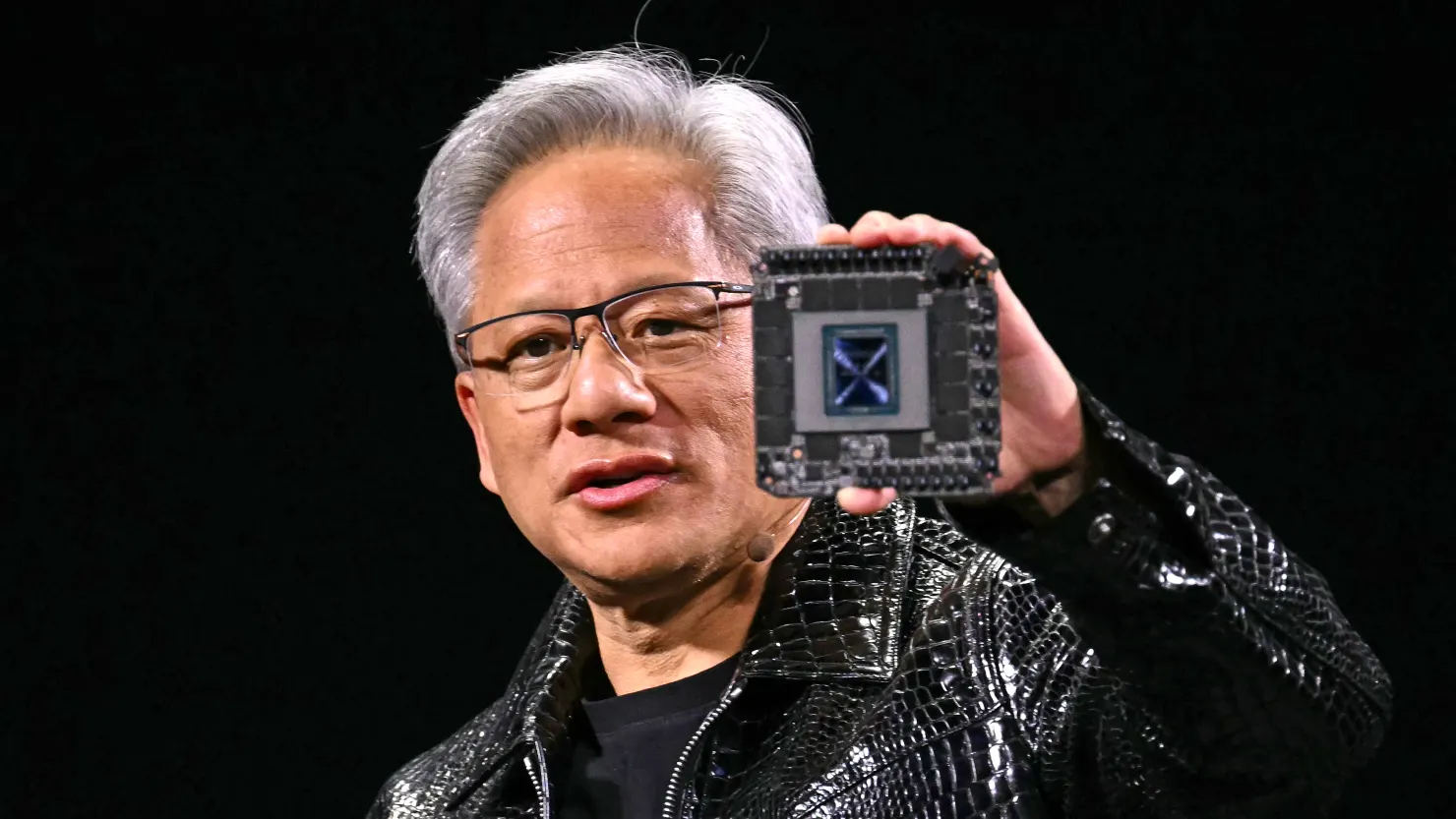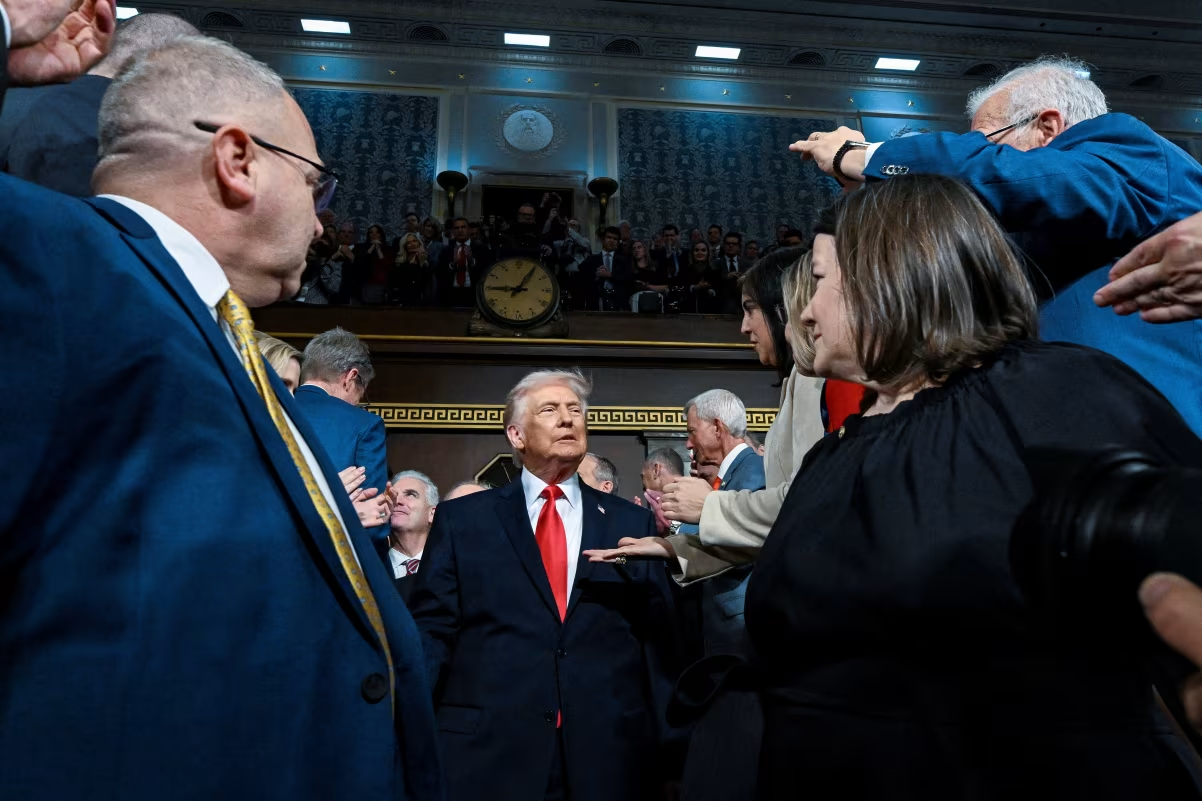A historic antitrust trial opened this week in federal court, marking what legal experts say could be one of the most consequential monopoly cases against a technology company in decades.
At the center of the case is Meta Platforms Inc., the parent company of Facebook, Instagram, and WhatsApp, which the Federal Trade Commission (FTC) accuses of stifling competition through a “buy or bury” strategy.
The FTC alleges that Meta, under the leadership of CEO Mark Zuckerberg, purchased Instagram in 2012 and WhatsApp in 2014 in a deliberate attempt to neutralize emerging rivals in the social networking space. The trial, which began Monday in Washington, DC, could ultimately force Meta to unwind those acquisitions.
“This is potentially one of the biggest antitrust cases in decades,” said Prasad Krishnamurthy, a law professor at the University of California, Berkeley. “Its outcome could shape the future of competition in digital markets.”
The FTC argues that Meta holds a monopoly over the US market for “personal social networking services.” This market excludes platforms where users mainly consume content from strangers, like YouTube and TikTok — a point of contention. Meta maintains that it competes directly with those platforms and that the FTC’s market definition is outdated.
The legal debate centers on whether Meta has maintained monopoly power and if consumers have been harmed by its acquisitions. The FTC must demonstrate that Meta’s dominance reduced competition and degraded the user experience. Meta counters that its investments have improved the platforms and benefited users.
A significant portion of the evidence is more than a decade old, including internal emails from Zuckerberg discussing Instagram’s rapid growth and its competitive threat to Facebook. FTC lawyers are using these communications to argue that Meta intended to eliminate competition through acquisition rather than innovation.
Meta’s defense emphasizes that both Instagram and WhatsApp have flourished under its ownership, and that the FTC’s argument ignores the dynamic nature of the tech industry and the rise of powerful competitors like TikTok and YouTube.
Zuckerberg, dressed in a dark suit and light blue tie, was the first witness to testify. He acknowledged early concerns about Instagram’s growth but said the motivation behind the purchase was centered on its camera technology and potential for development, not its role as a rival.
He also rejected the idea that Instagram was sidelined after the acquisition, asserting that Meta made “significant investments” in the app.
“In practice, we ended up investing a ton in it after we acquired it,” he said during questioning.
Should the FTC prevail, it could lead to a court-ordered breakup of Meta — potentially requiring the company to divest Instagram, WhatsApp, or both. However, legal experts say the agency faces a difficult path.
“The government has a real uphill battle,” said Laura Phillips-Sawyer, an associate professor at the University of Georgia.
She noted that competition in the social media landscape has intensified since the acquisitions.
Still, the FTC contends that Meta commands a dominant share of social ad spending, expected to be about 72.5% in the US this year, according to research firm eMarketer.
The case was initiated in 2020 under the Trump administration and has continued under President Biden’s FTC. There has been speculation about political influence in the case, particularly as Meta has made efforts to strengthen its ties with former President Trump. These include donations to Trump’s inaugural fund and the addition of Trump allies to Meta’s board. Meta has denied any direct lobbying related to the case.
Regardless, legal analysts say the case will largely hinge on market definitions, the strength of historical evidence, and whether current competition is sufficient to counterbalance Meta’s past acquisitions.
The trial is expected to continue through the summer, with US District Judge James Boasberg presiding. A ruling against Meta could redefine how regulators approach mergers and acquisitions in the tech sector moving forward.
BBC, the Associated Press, and Quartz contributed to this report.










The latest news in your social feeds
Subscribe to our social media platforms to stay tuned